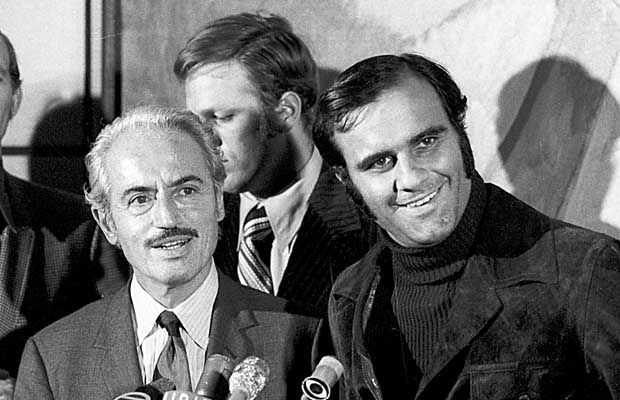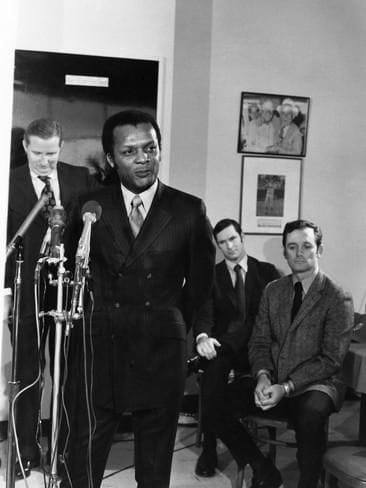April 1972 The First Strike in Baseball
On April 6, 1972, the first general strike in the history of the major leagues officially begins with the cancellation of Opening Day games in both leagues. The strike will be settled seven days later when the players and owners come to agreement on pension fund payments. The two sides agree not to make up the 86 missed games.









